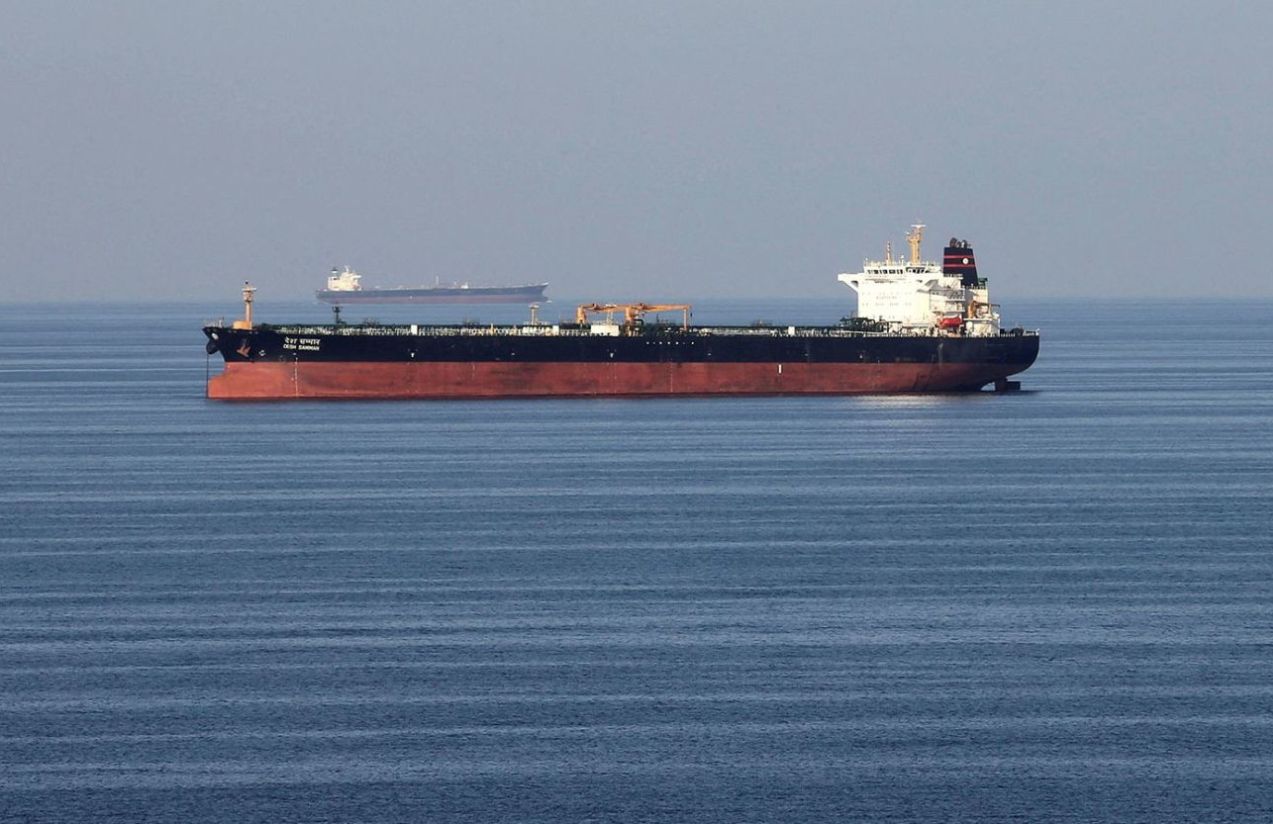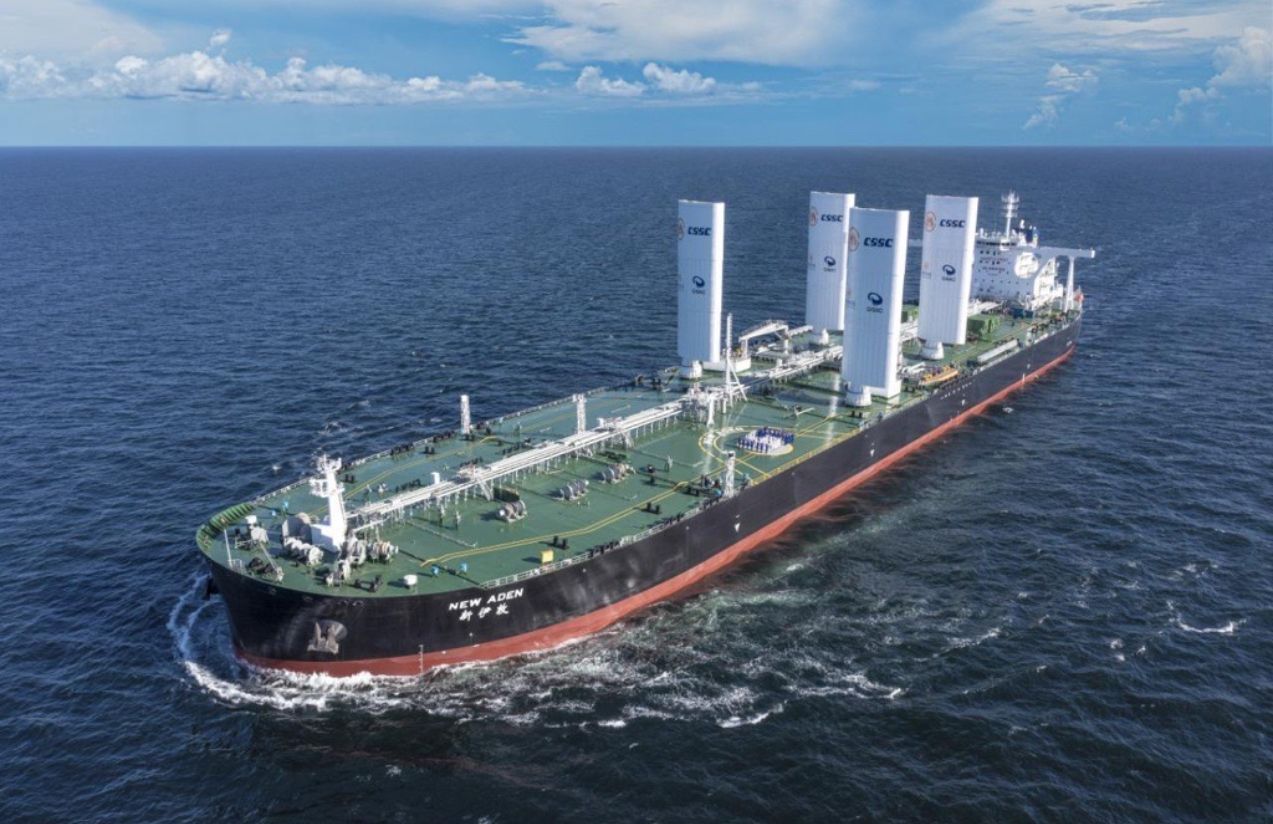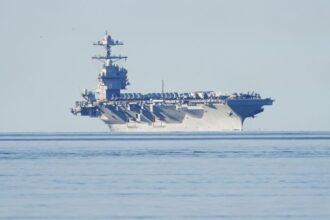Iran’s Revolutionary Guards have confirmed the seizure of a tanker carrying petrochemical products en route to Singapore, according to state media. Officials stated that the vessel was intercepted because it was transporting “unauthorized cargo,” although they did not release further details about the origin or ownership of the shipment. The tanker was reportedly redirected to an Iranian port for inspection while authorities determine possible violations of trade regulations.
Security sources added that the incident occurred in Gulf waters, an area already known for repeated maritime confrontations. A U.S. Navy drone was said to be monitoring the situation, reflecting Washington’s ongoing surveillance of key shipping lanes amid rising tension. This operation marks yet another entry in Iran’s long list of maritime seizures, events that have historically fueled diplomatic disputes and prompted stronger naval patrols by Western nations.
Read More

The seizure comes at a delicate moment, as the region has experienced a surge in security alerts and concerns over potential disruptions to global energy routes. Analysts warn that any escalation could significantly affect oil and petrochemical shipments worldwide.
What risk does this pose to maritime trade?
It threatens the secure flow of vessels through the strategically vital Strait of Hormuz and could provoke international retaliation, increasing pressure on already vulnerable global fuel transportation routes.





















